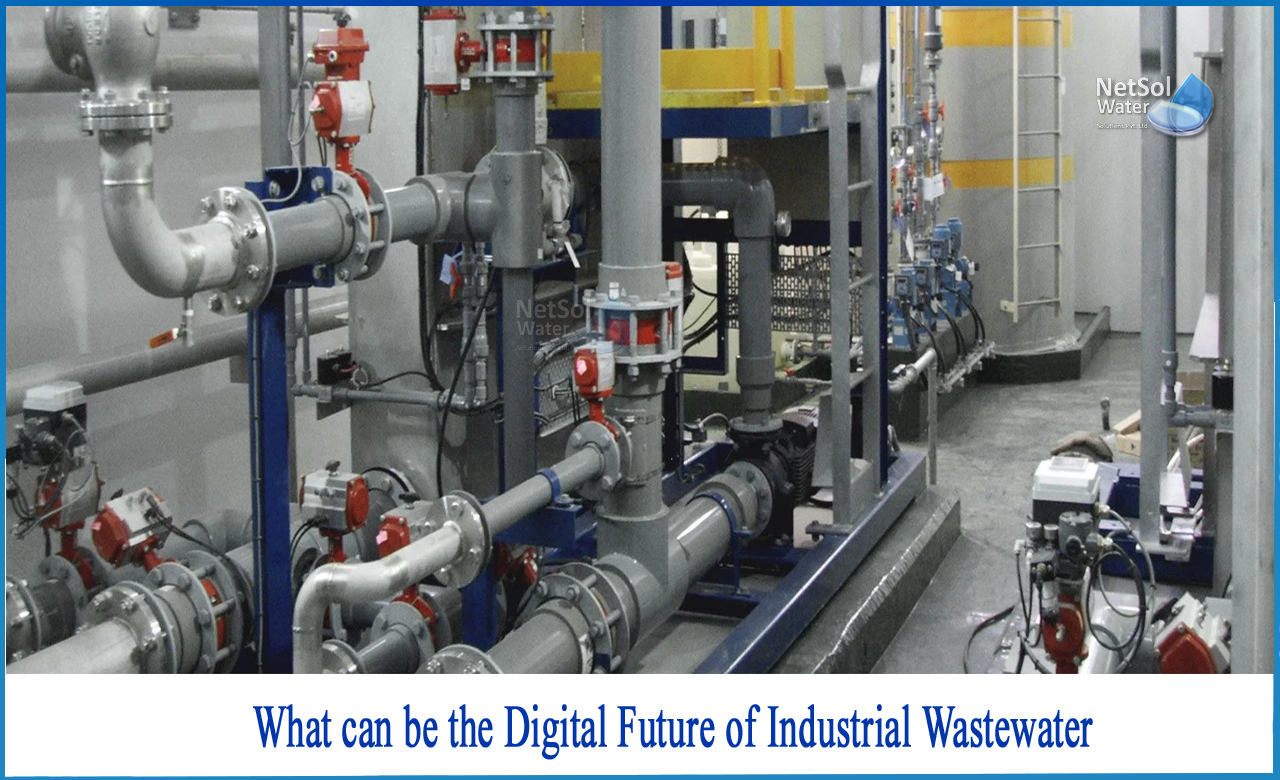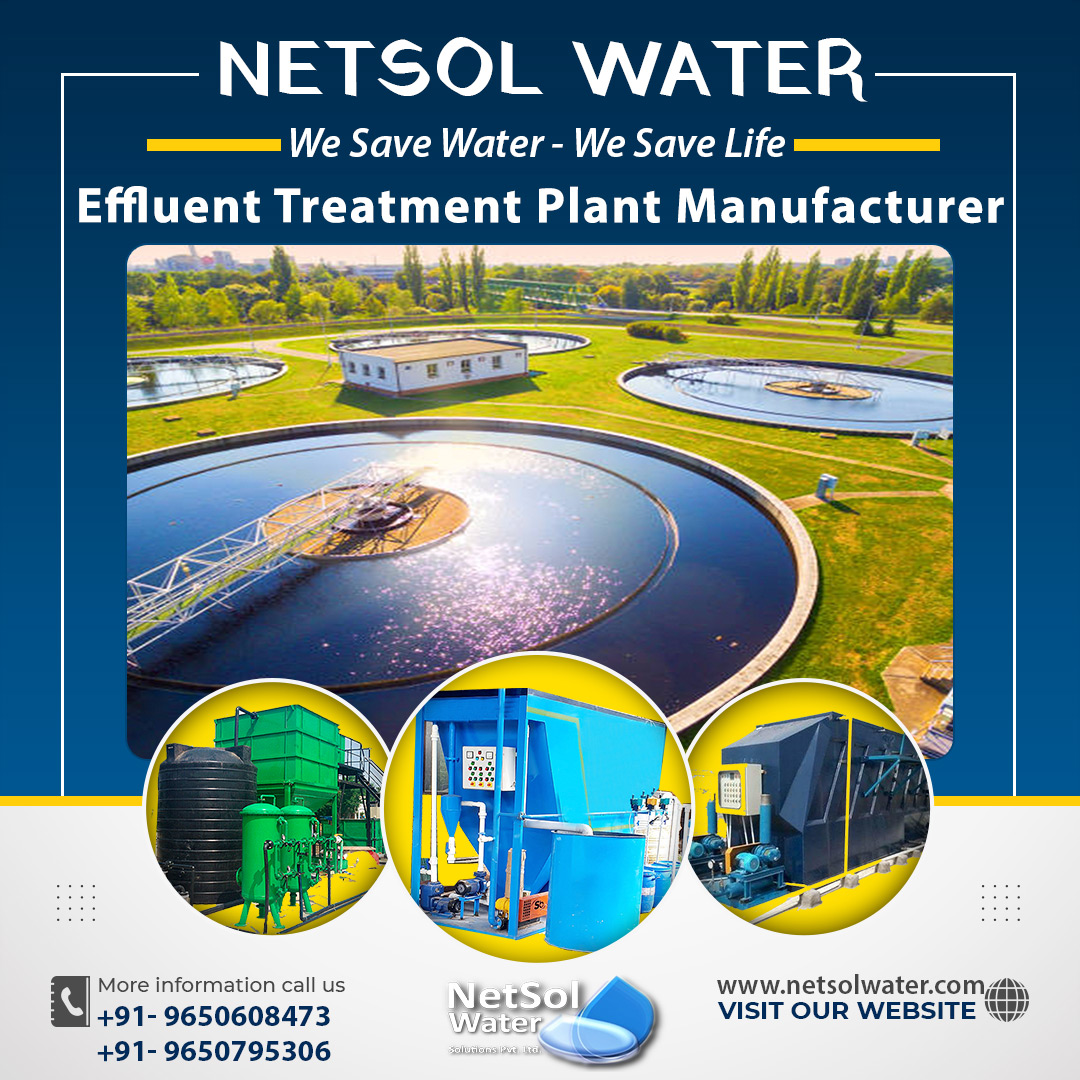What can be the Digital Future of Industrial Wastewater?
The twenty-first century is being transformed by digitalization, which is touching every aspect of daily life, including the environmental technology industry. Waste management regimens will be more effective as a result of digital technologies. Digitalization of industrial wastewater will not only make the treatment processes safer and more reliable but will also help in optimization of our resource.
Importance of Digitalization in Industrial Wastewater Sectors
Data collecting systems (sensors and instruments), data storage systems, local and cloud-based computing systems, and data visualization environments are all part of the cyberinfrastructures that digital technology delivers in industrial wastewater treatment plants. These parts are all linked together by software and networks, allowing better utilization of data and, as a result, better management of a wide range of social concerns.
These advancements are extremely important to the waste water industrythroughout the world. Indeed, current digital technology, together with its ability to capture and use fast growing data sources, poses some of the most significant difficulties as well as possibilities for waste water utility business operations and procedures throughout the world. To fully confront the problem, we must create a new vision of a digital water future and work together to build a strategy.
Technologies for digitalization of Industrial wastewater
The follo?wing technologies are being evaluated at industrial wastewater facilities through various pilots:
1. Artificial intelligence will enable to determine the composition of the raw materials (trash) online, as well as maintain a constant mass balance throughout the selection process.
2. Drones using various sensors, such as vision or thermographic systems, and even artificial intelligence are used to improve inspection, maintenance, anomaly detection, and the health and safety of wastewater facilities.
3. Robotics systems used to perform maintenance and cleaning activities in the selection facilities, resulting in increased asset availability and increased treatment capacity.
4. Dual sophisticated robotics and artificial intelligence systems to increase waste selection capacity and gain a larger number of higher-value materials.
5. Virtual reality used to learn and simulate maintenance, breakdowns, and personnel training prior to treatment operations.
6. From providers to customers, data processing, smart software, and sensors are used to intelligently forecast, control, plan, and generate, producing more value along the chain.
By combining all of these technologies,increased performance and safety in a field like waste water treatment facility can be achieved.While daydreaming about the future of digital solutions is intriguing, the first step is clear: recognizing the major difficulties that all water utilities face. To provide the essential insights to deliver solutions, all of these concerns necessitate more monitoring and data analysis. To match our ambitions and assist our development in these areas, digital solutions will need to evolve.
What can we offer?
Netsol Water is one of India's major water and wastewater treatment company, with a purpose to make water management systems more cheap, sustainable, and energy-efficient in order to meet the problems of population increase, industrial expansion, and climate change.




